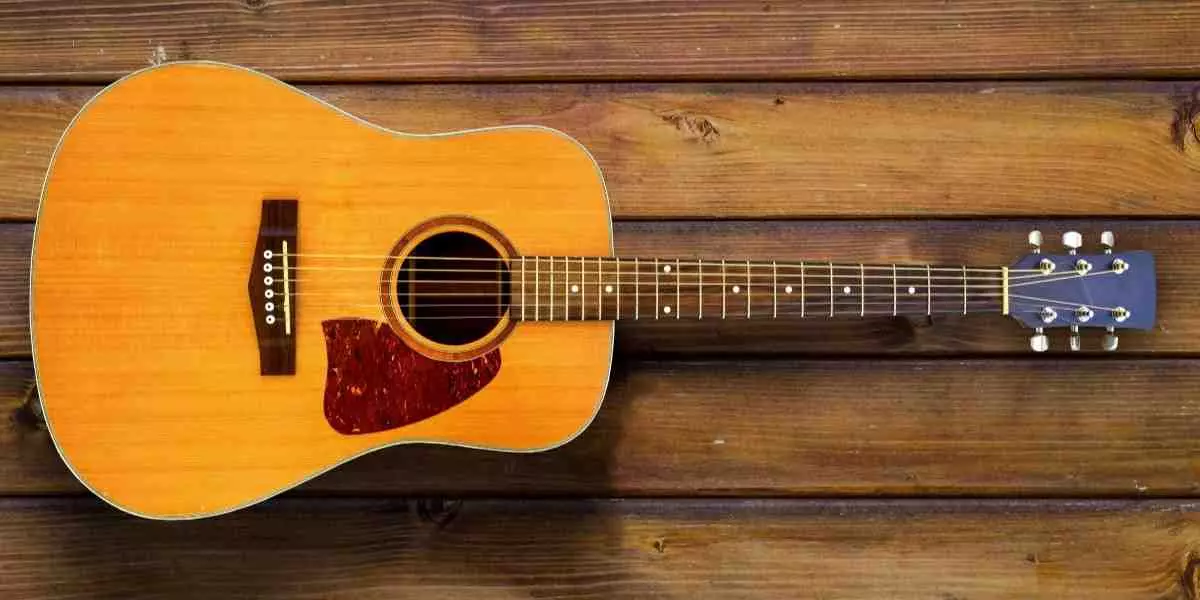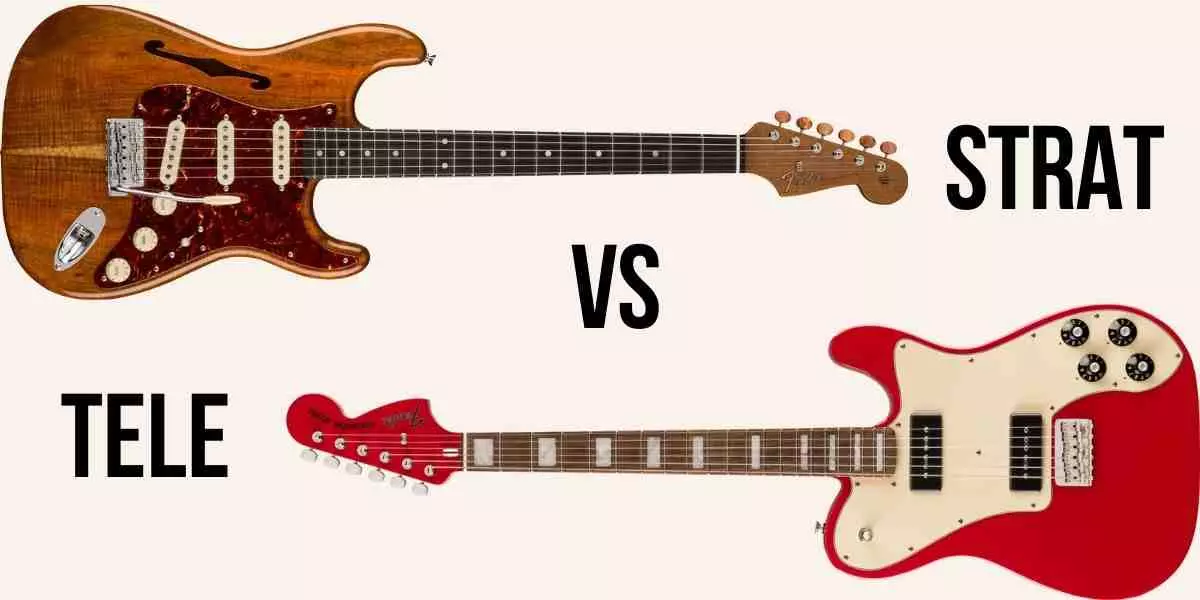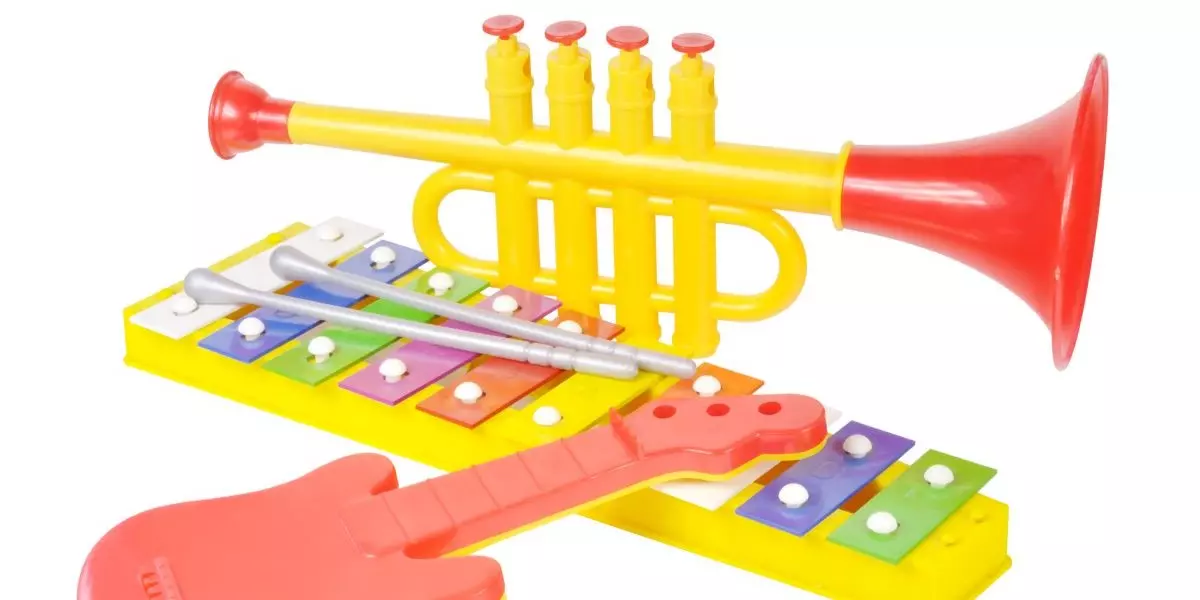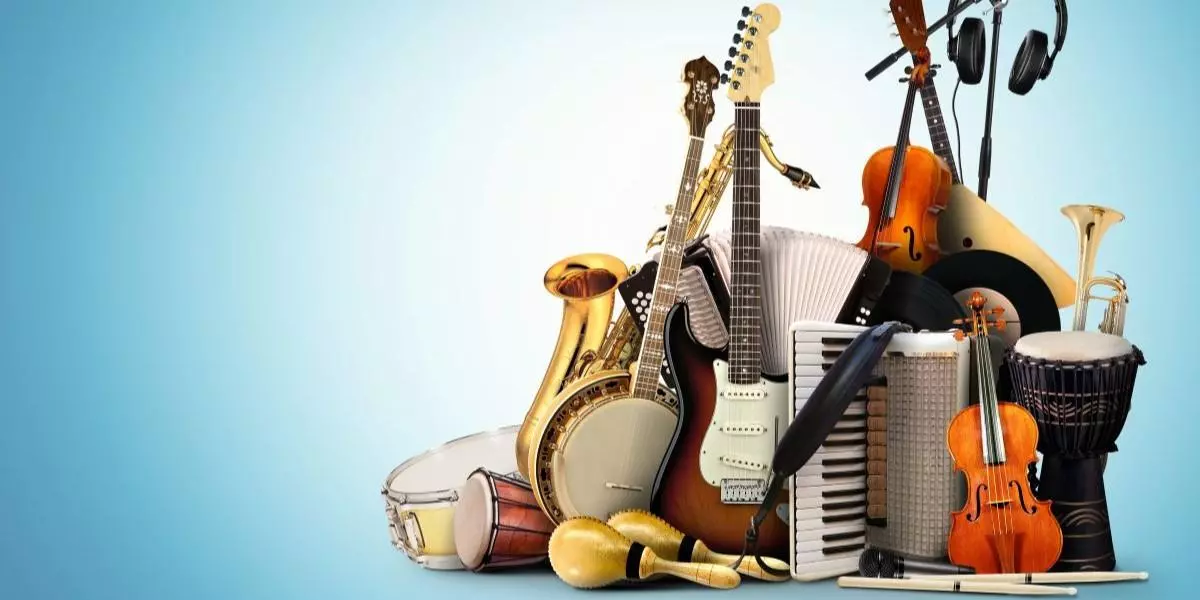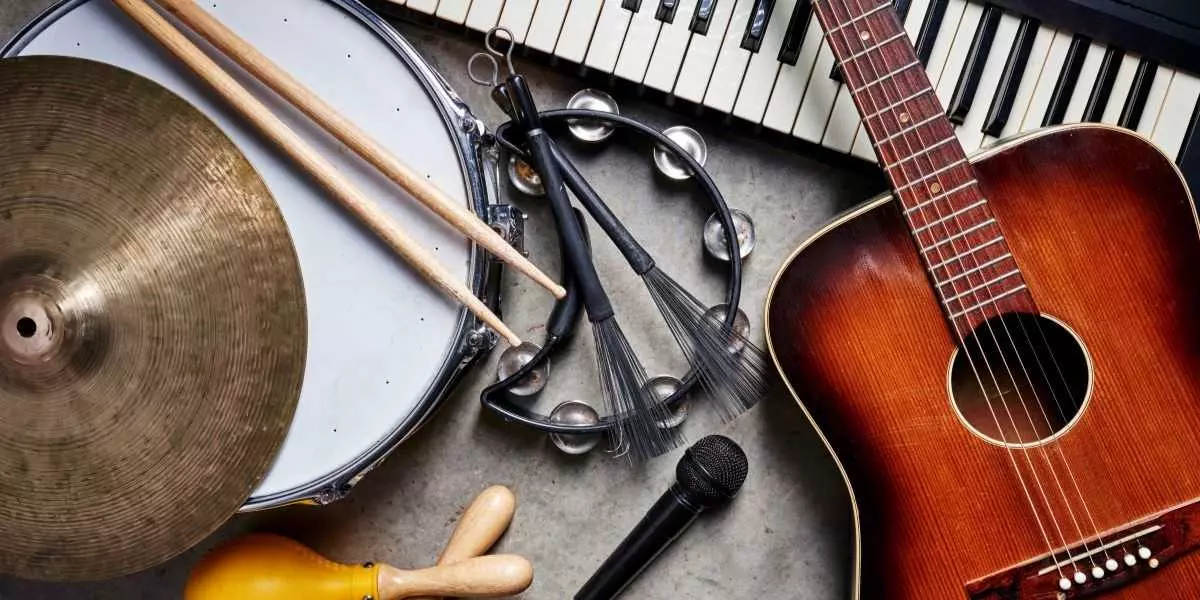Health and Safety - Hearing Protection for Musicians
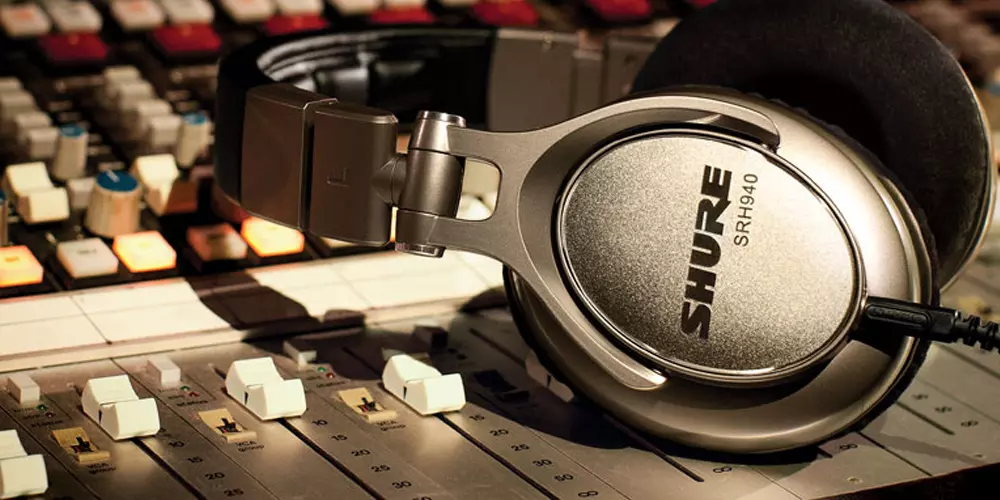
Hearing aids (left) generally cost over $1000 (not including regular battery replacements) while custom plugs for musicians (right) generally cost under $300.
Health and safety issues aren’t much fun to think about, but are of crucial importance for anyone who wants to continue enjoying music. Amongst the risks faced by musicians hearing loss is without doubt at the top of the list. Whether practicing with the school band, or attending a loud rock concert, musicians continually expose themselves to potentially harmful levels of sound.
There are three basic ways to help protect your hearing:
1) Turn down, or keep it down. It’s always easier for your ears to adjust to a lower volume than adapt to a higher volume. At a rehearsal, or on stage, if the band agrees to stick to a reasonable level, the players will be able to hear each other better, perform more dynamically, and create an overall better sound.
2) Limit your exposure. Whether making or listening to music, it’s a good idea to periodically give your ears a break. This might mean scheduling a 15-minute break for every hour of rehearsal, or finding a quieter place to decompress between sets at a concert or performance.
3) Hearing Protection. Earplugs are a worthwhile investment. They are extremely easy to use and carry around. You can find inexpensive foam earplugs at most drug stores and music shops. Make sure to read the instructions! Most require you to compress the foam by rolling it between your fingers, then pulling back on your ears slightly to temporarily straighten the ear canals before inserting them.
Musical instrument stores usually carry similarly styled rubber plugs with built-in noise filters. They are also fairly inexpensive, typically more comfortable, and tend to be less conspicuous. The noise filter helps balance out the suppressed frequencies, so the music doesn’t suffer from loss of detail, as well as make it easier to carry on a conversation when you are wearing them.
As a long-term investment, many hearing specialists offer custom molded earplugs with various noise filter options. Although they are comparatively expensive, you're more likely to wear them since they are next to invisible, feel more comfortable in your ears for longer periods of time, and preserve more sound detail.
Most importantly, since you are more likely to use them now, you’re less likely to end up having to spend even more time and money later at that same hearing professional for the opposite reason.
Through sound level awareness, limiting your exposure to excessive volumes, and using appropriate hearing protection, you’ll develop good working habits that will help keep your hearing healthy.

